15 Essential Anti-Aging Skincare Tips for the Summer
Summer can be tough on your skin, especially when it comes to aging. The combination of heat, humidity, and increased sun exposure can accelerate the appearance of fine lines and wrinkles. But with the right skincare routine, you can protect your skin and keep it looking youthful all season long. Using sunscreen, staying hydrated, and incorporating nourishing ingredients are just a few of the key steps to take. It is essential to adjust your skincare routine for the warmer months to maintain healthy, radiant skin. In this article, we will share essential tips for anti-aging skincare during the summer months. Follow these simple steps to keep your skin looking its best all season long.
This post may contain affiliate links, which helps keep this content free. Please read our disclosure for more info.
Use Sunscreen Daily
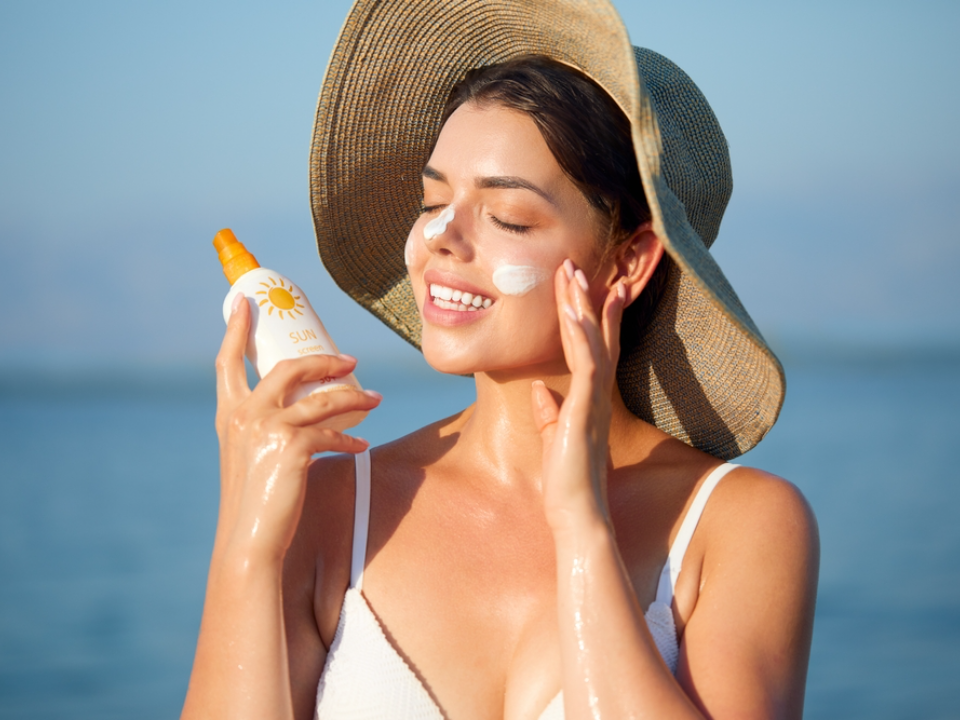
Sunscreen is one of the most important products for protecting your skin from harmful UV rays. During the summer months, exposure to the sun increases, so it is crucial to use a broad-spectrum sunscreen with at least SPF 30. This helps prevent premature aging signs, such as wrinkles and age spots, that are caused by sun damage. Make sure to apply sunscreen generously to all exposed areas of your skin, including the face, neck, and hands.
Reapplying sunscreen every two hours, or more often if swimming or sweating, is key to maintaining its protective benefits. Even on cloudy days, UV rays can still penetrate the skin, so don’t skip this step. Choosing a sunscreen that suits your skin type—whether it is oily, dry, or sensitive—will ensure that your skin stays protected without irritation.
Stay Hydrated

Proper hydration is essential for keeping your skin looking youthful, especially in the summer. Drinking enough water helps maintain skin elasticity and can reduce the appearance of fine lines. Aim to drink at least eight glasses of water a day, or more if you are in a hot climate or engaging in physical activity. Hydration also supports your body’s natural detoxification processes, giving your skin a healthy, radiant glow.
In addition to drinking water, consider using a hydrating facial mist throughout the day. This helps keep your skin refreshed and moisturized, particularly if you are spending a lot of time outdoors. Look for mists that contain ingredients like aloe vera or hyaluronic acid, which are known for their ability to retain moisture and soothe the skin.
Incorporate Antioxidants into Your Routine
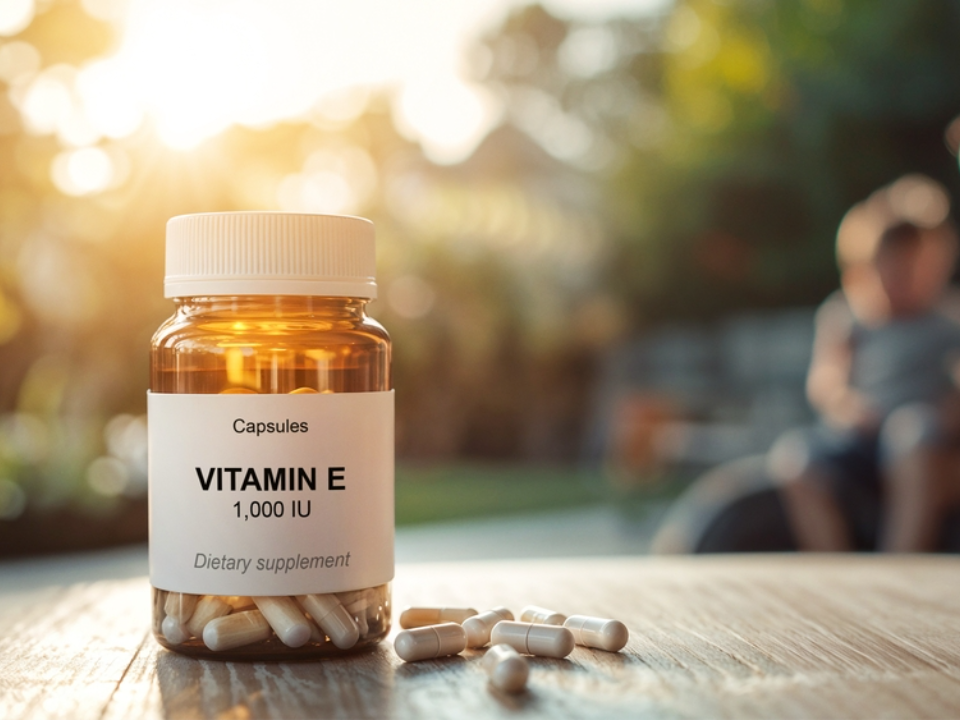
Antioxidants are key to fighting the free radicals that cause premature aging. Vitamin C is a popular antioxidant known for brightening the skin and reducing dark spots. Applying a serum or moisturizer with vitamin C in the morning can help protect the skin from oxidative stress caused by sun exposure and pollution. Antioxidants neutralize free radicals, which in turn reduces the risk of wrinkles and sagging skin.
You can also include other antioxidant-rich ingredients, such as green tea extract and vitamin E, into your skincare routine. These ingredients not only help to combat aging signs but also provide additional protection from environmental damage. Look for products with a mix of antioxidants to offer a broad spectrum of protection.
Opt for Lighter

During the summer, your skin tends to produce more oil due to the heat, which can make heavy creams feel uncomfortable. Switching to a lightweight moisturizer can help keep your skin hydrated without feeling greasy. Gel-based moisturizers are a great option as they hydrate the skin while providing a cooling effect.
Look for products that contain ingredients like glycerin or hyaluronic acid, which help attract moisture to the skin without clogging pores. A good lightweight moisturizer will also help maintain your skin’s natural barrier, keeping it healthy and moisturized, even in the hottest months.
Exfoliate Regularly
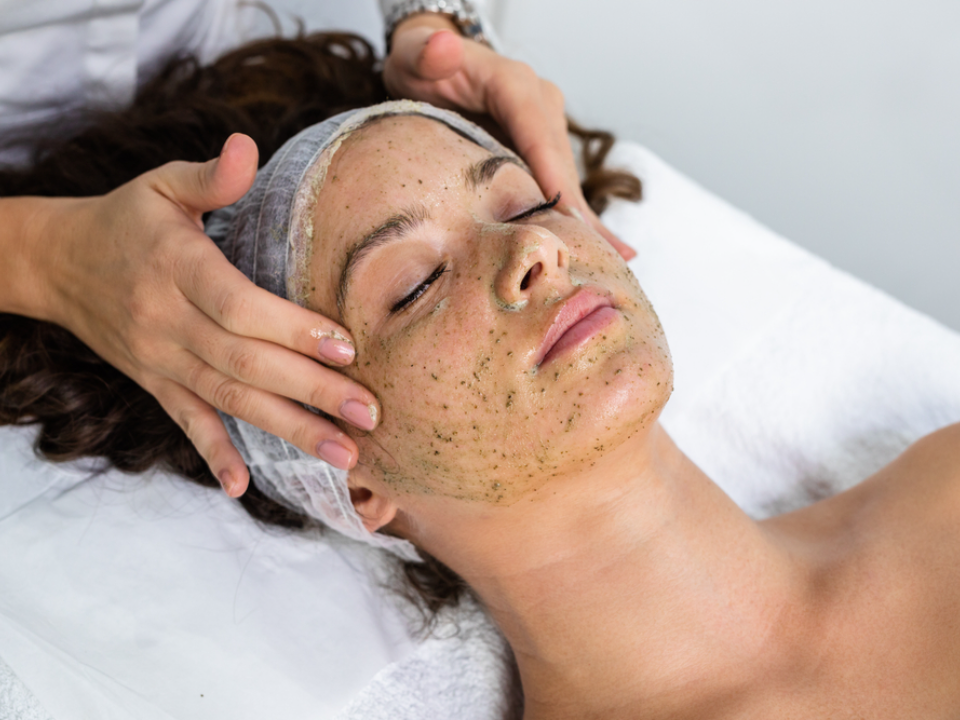
Exfoliation removes dead skin cells, allowing for smoother and brighter skin. This step helps to reduce the appearance of fine lines and age spots, which can become more noticeable in the summer months due to increased sun exposure. Use a gentle exfoliator once or twice a week to prevent clogged pores and promote cell turnover.
Opt for exfoliators that contain natural ingredients like fruit enzymes or mild acids, such as alpha-hydroxy acids (AHAs) or beta-hydroxy acids (BHAs). These exfoliants can help dissolve dead skin cells without causing irritation. Be careful not to over-exfoliate, as this can lead to skin sensitivity and increase the risk of sun damage.
Protect Your Eyes with Sunglasses

Your eyes are sensitive to UV rays, and the skin around them is thinner, making it more prone to signs of aging. Wearing sunglasses with UV protection helps prevent crow’s feet and dark circles from forming around your eyes. Choose sunglasses that offer 100% UV protection to ensure that both your eyes and the delicate skin around them are shielded.
Sunglasses not only protect the skin from sun damage but also reduce squinting, which can contribute to the formation of wrinkles. For added protection, you can pair sunglasses with a broad-brimmed hat to shield your face and eyes from direct sunlight.
Avoid Hot Showers
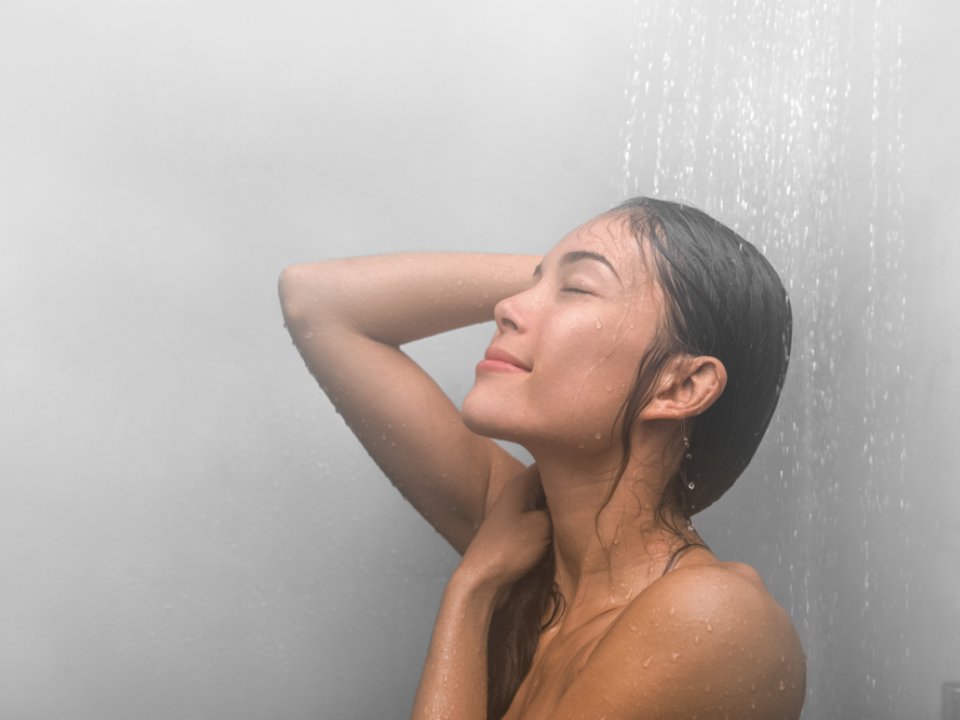
While a hot shower might feel refreshing on a hot day, it can actually damage your skin. Hot water strips the skin of its natural oils, leading to dryness and irritation. During the summer, try to take lukewarm showers instead to prevent over-drying the skin, which can accelerate the aging process.
After showering, immediately apply a moisturizer to lock in moisture and protect your skin’s barrier. You may also want to use a gentle, hydrating body wash that will not disrupt your skin’s natural moisture levels.
Use Products with Hyaluronic Acid
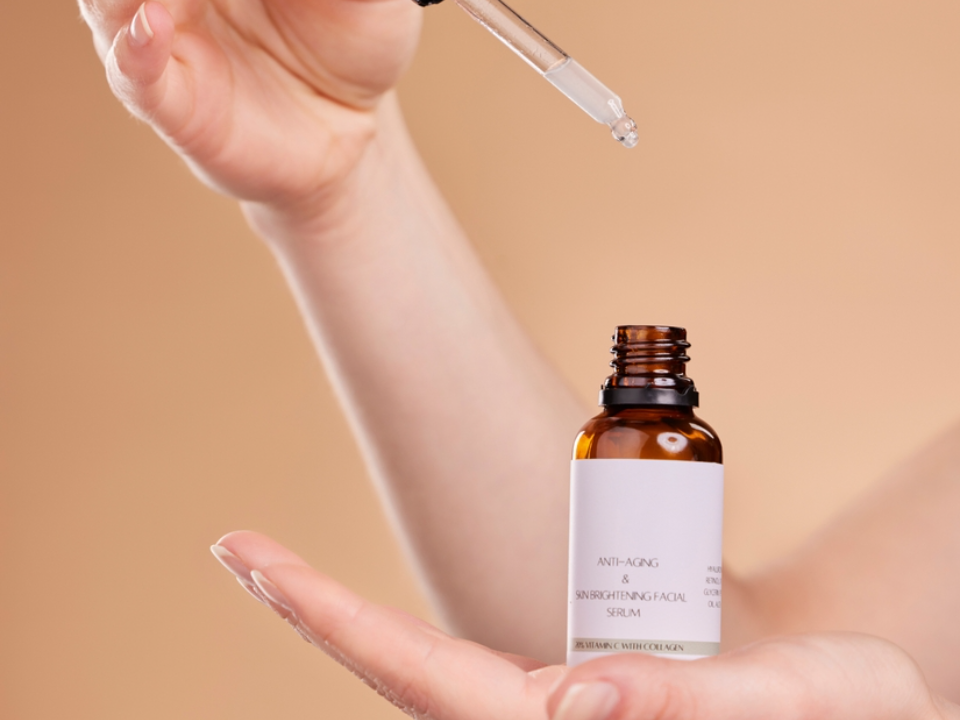
Hyaluronic acid is known for its ability to attract and retain moisture in the skin. This ingredient helps to plump the skin and reduce the appearance of fine lines, making it an essential part of your anti-aging skincare routine during the summer. Hyaluronic acid is lightweight and can be used even in warmer weather without feeling heavy or greasy.
Look for serums, moisturizers, or masks that contain hyaluronic acid to keep your skin hydrated and youthful. It is a versatile ingredient that can be used both in the morning and at night for maximum hydration.
Take Care of Your Neck and Décolletage
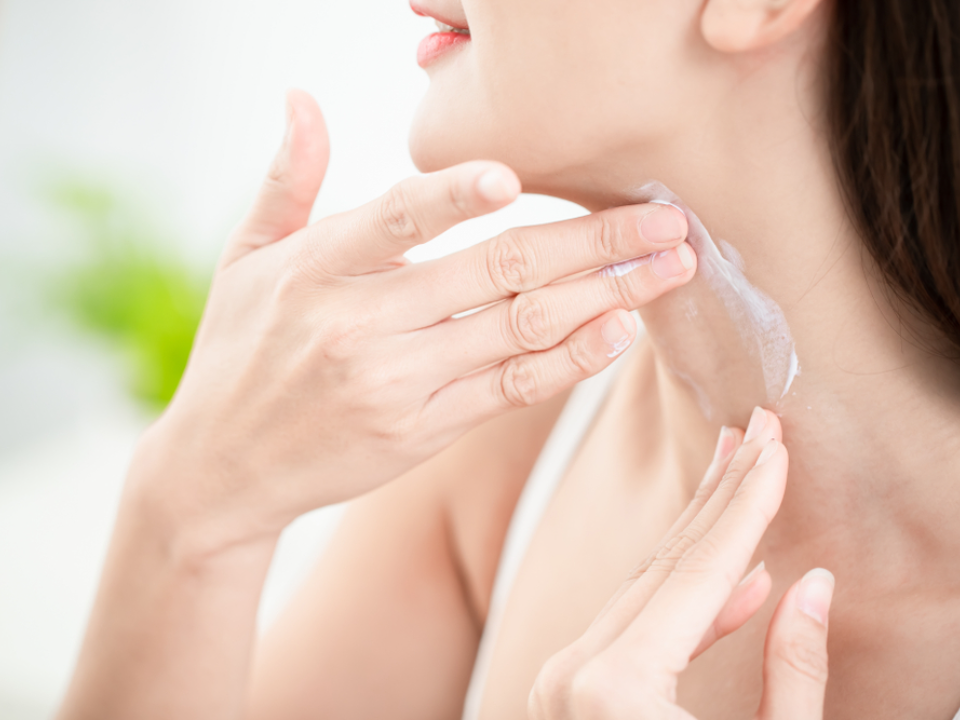
The skin on your neck and décolletage is often neglected but is just as vulnerable to aging as your face. To prevent sagging and wrinkles, make sure to apply sunscreen, moisturizer, and anti-aging treatments to this area. During the summer, the neck and chest can be exposed to the sun, which leads to more visible signs of aging.
Use a gentle exfoliant on this area to remove dead skin cells and apply a hydrating serum to keep the skin firm. Regular care of your neck and décolletage can help you maintain a youthful appearance and prevent premature signs of aging.
Avoid Tanning Beds
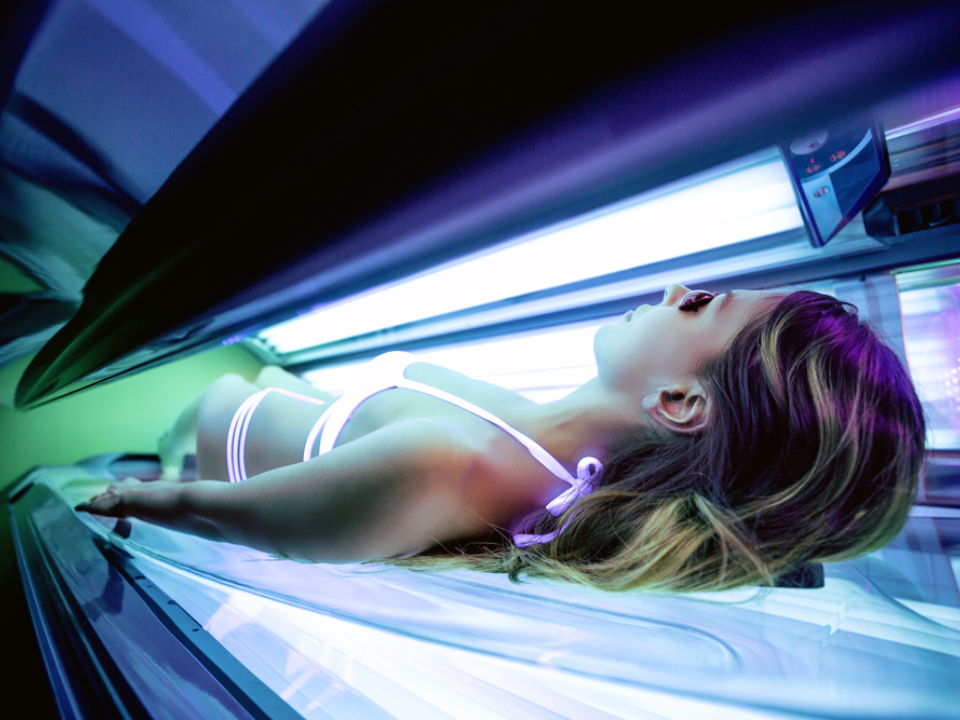
Tanning beds may seem like a quick way to get a tan, but they expose your skin to harmful UV rays that contribute to aging. Regular use of tanning beds can lead to wrinkles, age spots, and an increased risk of skin cancer. To maintain youthful skin, skip the tanning bed and embrace natural-looking sunless tanning products.
Instead of tanning beds, try using self-tanners or bronzing lotions to achieve a healthy glow without risking skin damage. These products can provide a natural-looking tan without the harmful effects of UV exposure.
Use Aloe Vera for Sunburn Relief
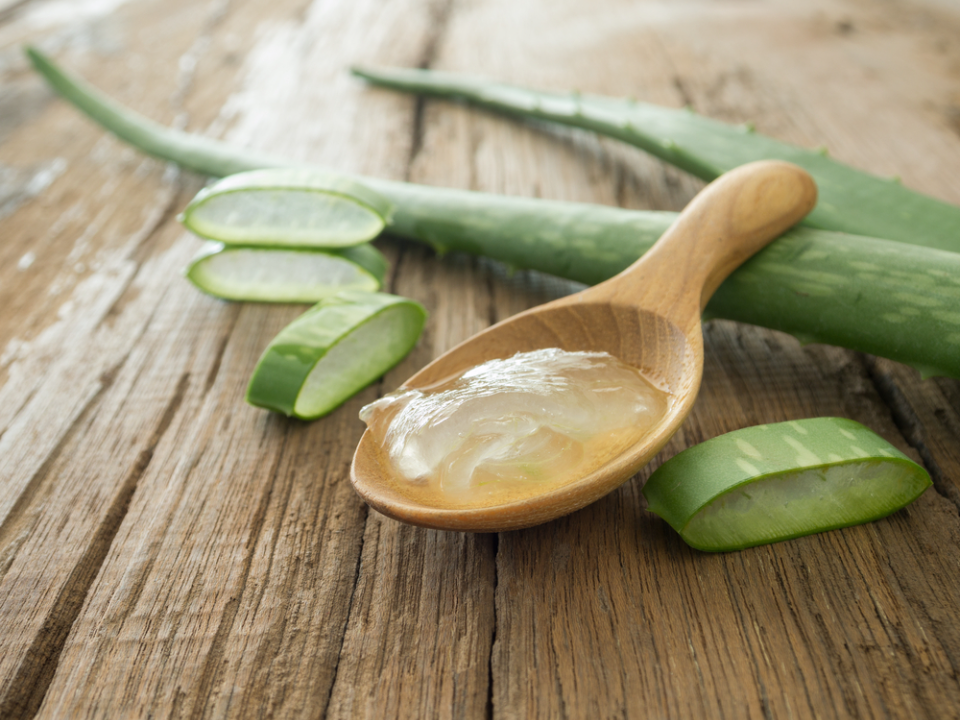
Aloe vera is a well-known remedy for soothing sunburns, but it also provides anti-aging benefits. The gel from the aloe vera plant contains vitamins, antioxidants, and enzymes that help to repair damaged skin and reduce the appearance of age spots. Applying aloe vera after sun exposure can help reduce inflammation and promote healing.
In addition to soothing sunburns, aloe vera can also hydrate the skin and prevent peeling, which can cause further aging signs. Consider using aloe vera gel as part of your skincare routine to keep your skin cool and moisturized during the summer.
Incorporate Retinol at Night
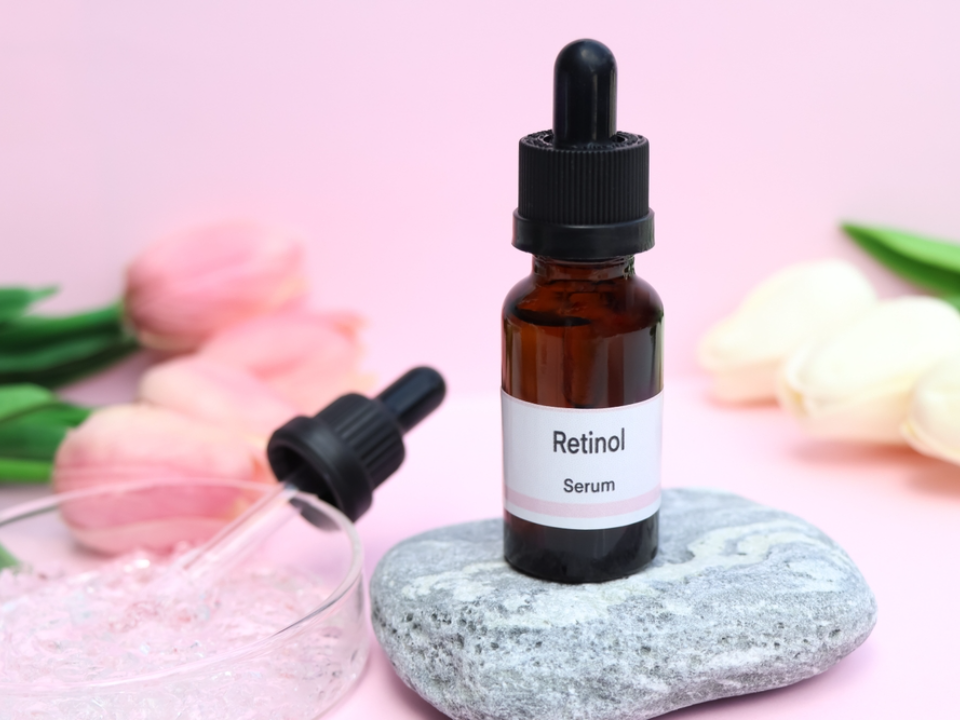
Retinol is a powerful ingredient known for its ability to promote cell turnover and reduce the appearance of fine lines. While retinol can be drying and cause irritation in the sun, it is effective when used at night. Using retinol-based products before bed helps stimulate collagen production and keeps your skin looking firm and smooth.
Retinol is ideal for those looking to reduce wrinkles and improve skin texture. Start with a low concentration and gradually increase usage to avoid irritation, especially if your skin is sensitive.
Avoid Direct Sun Exposure

Limiting direct sun exposure, especially during peak hours from 10 a.m. to 4 p.m., is essential for protecting your skin. Prolonged exposure to the sun can lead to premature aging and increase the risk of skin cancer. Seek shade whenever possible and wear protective clothing, such as long sleeves and hats, to minimize sun damage.
If you need to be outdoors, make sure to apply sunscreen regularly and wear sunglasses to protect your eyes. Avoiding the sun during peak hours is one of the most effective ways to prevent signs of aging from sun exposure.
Use Vitamin C in the Morning
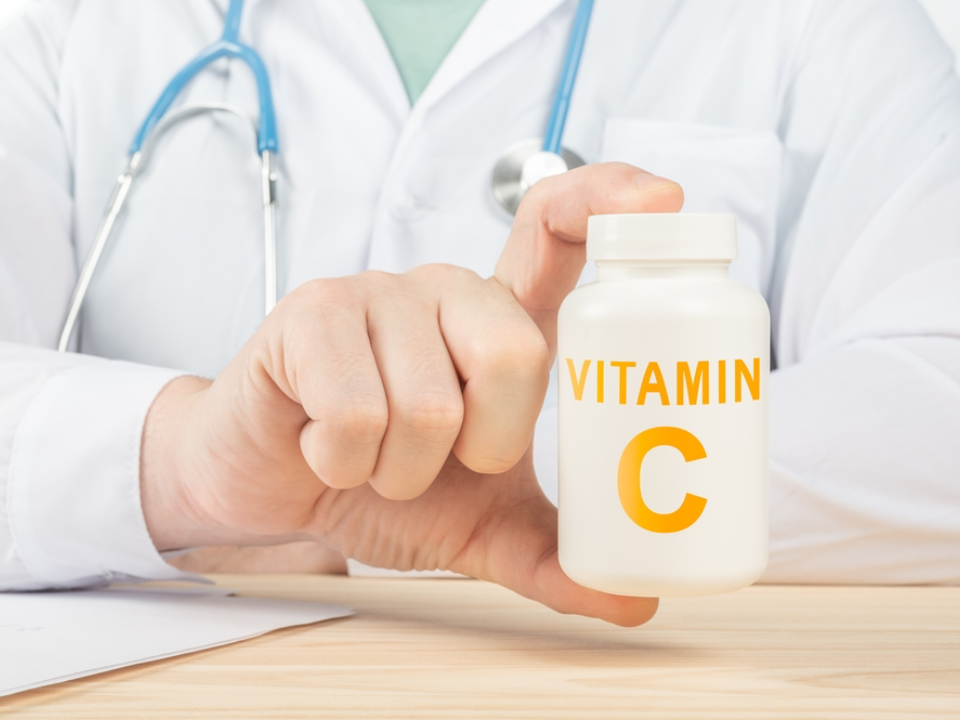
Vitamin C is a potent antioxidant that helps protect your skin from oxidative stress caused by sun exposure. Applying a vitamin C serum in the morning helps to brighten the skin and reduce the appearance of dark spots and uneven skin tone. This product works well under sunscreen to offer an additional layer of protection.
Look for vitamin C serums that are stable and formulated for your skin type. Consistent use of vitamin C can result in healthier, more radiant skin over time.
Opt for Natural Oils for Moisture
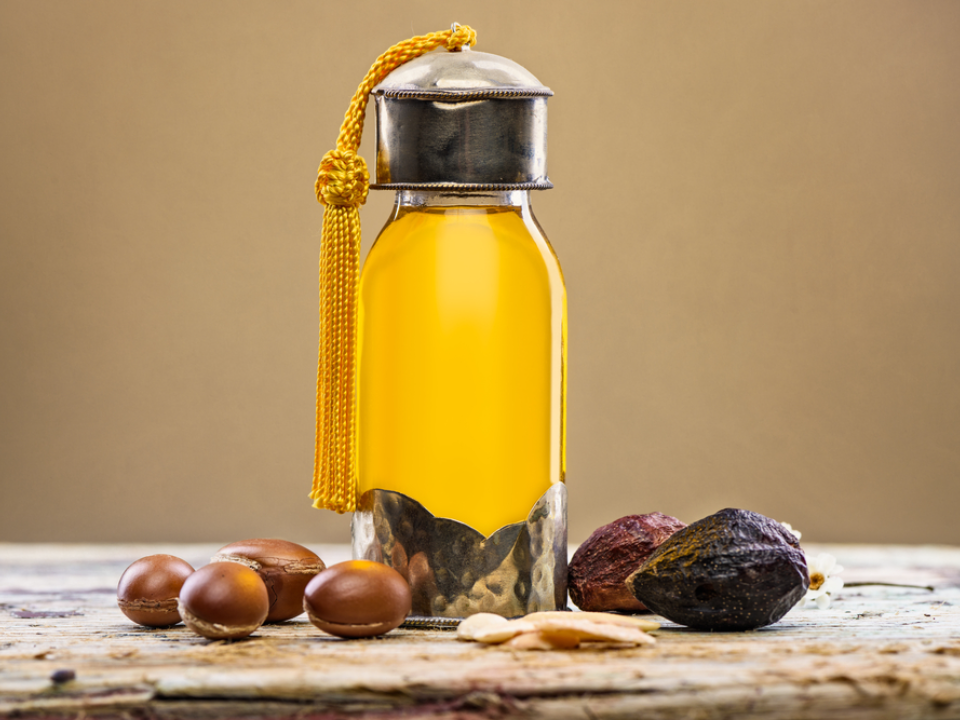
Natural oils, such as argan oil and jojoba oil, are great for keeping the skin moisturized during the summer months. These oils are rich in antioxidants and fatty acids that help to nourish the skin and lock in moisture. Apply a few drops to your face and body after cleansing to maintain hydration throughout the day.
Natural oils are often better suited for those with dry or combination skin, as they provide a natural barrier against moisture loss. Choose oils that suit your skin’s needs and ensure they are non-comedogenic to avoid clogging pores.
This article originally appeared on Avocadu.
